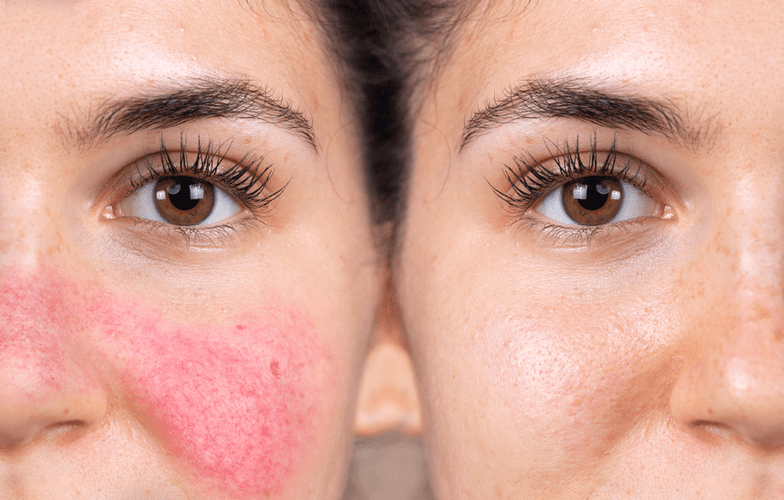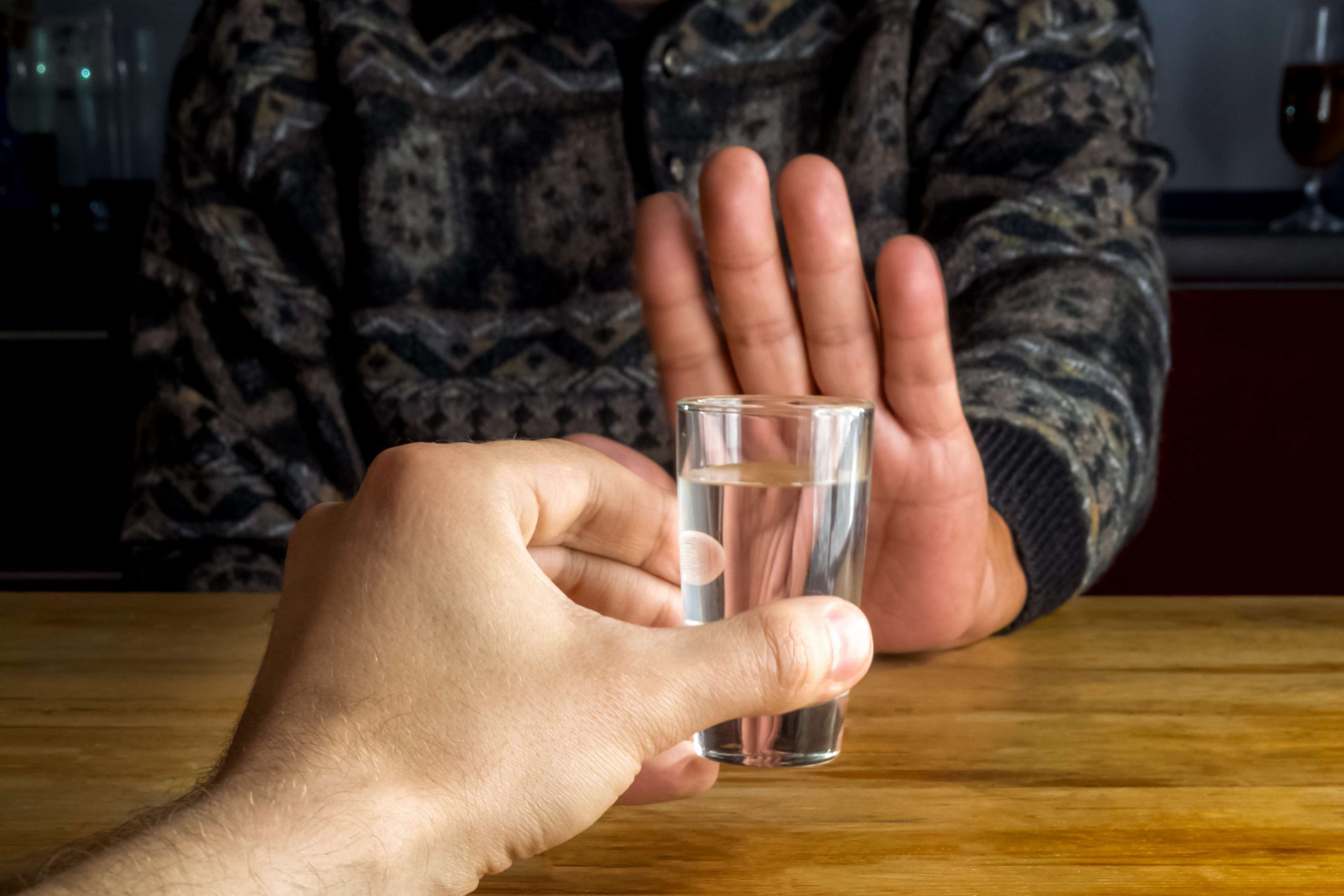05 Mar Common myths and misconceptions about alcohol use
This is mainly a dangerous misconception for individuals who experiment with substances casually. Popular media often portrays drinking as an inherently social and enjoyable activity. While alcohol can indeed act as a social lubricant for some people, it’s important https://ecosoberhouse.com/ to recognize that this isn’t universally true. Moreover, relying on alcohol for creativity can be dangerous, potentially leading to addiction and long-term cognitive impairment. Sustainable creativity is better fostered through practice, mindfulness, and healthy lifestyle habits. It’s also worth noting that fatty foods are particularly effective at slowing alcohol absorption, which is why greasy foods are often craved during hangovers.
Alcohol Kills Brain Cells
In fact, drinking can affect other parts of your body as well. This includes your heart, blood pressure, kidneys and mental health. Beer lovers might argue it’s a better choice because of its lower alcohol content or added nutrients. Unfortunately, beer still contributes to the same health risks as other alcoholic beverages. Moderation and awareness are more important than the type of drink. For years, we’ve been told that a glass of red wine a day is good for heart health.
Myth #3: Alcohol Reduces Stress and Anxiety
- However, most cases of opioid addiction start with legitimate prescription use.
- Whether it’s at a party with friends or through pop culture references, there are quite a few things about drinking alcohol that get misconstrued.
- Those who maintain that they can hold their liquor, meaning that they can drink larger amounts with fewer apparent effects, may drink in excess to feel intoxicated.
For ways to seek support, you can visit Psych Central’s guide to mental health help. If you think you may have alcohol use disorder or a related problem, such as binge drinking, you’re not alone. One nontraditional form of treatment for alcohol use disorder is moderation management. This approach involves limiting alcohol consumption, specifically for people who aren’t physically dependent on alcohol.
Recent data cited in the Surgeon General’s advisory showed that even moderate drinking increases the risk of seven different cancers, including breast and liver cancer. Alcohol is a known carcinogen, and no amount of exercise or a healthy diet can fully counteract its harmful impact on the body. You may have heard that moderate alcohol consumption, particularly red wine, is good for your heart. While some studies have suggested 5 myths about alcohol potential cardiovascular benefits from moderate drinking, the relationship between alcohol and heart health is complex and not fully understood. The recent advisory clarified that alcohol-related harm isn’t limited to visible intoxication. Even small amounts of alcohol can increase oxidative stress and cellular damage, contributing to long-term health risks such as cancer and heart disease.

Binge Drinking Is Never Safe
Clinically, a great amount of prescription drugs are non-addictive however some medications have the potential to cause addiction if misused. This myth Substance abuse revolves around the belief that people with substance use disorders lack self-control. According to this misconception, addiction is solely a result of poor decision-making and moral weakness. Addressing these myths is crucial to fostering a more informed and responsible approach to drug and alcohol use. It’s important to note that there are many other, safer ways to improve heart health, such as regular exercise, maintaining a healthy diet, managing stress, and not smoking. Women typically have less of the enzyme alcohol dehydrogenase, which breaks down alcohol in the stomach.
Myth 5: It’s young people who drink the most.
“And sometimes we do things because they have become habit and not because we enjoy them as much as we think we do,” she adds. But she also thinks she’ll be cutting down her consumption in the near future, which is something she’s done in the past. “I’m trying to find a balance with alcohol, and that’s always shifting and changing,” the mom of two explains. While alcohol might temporarily numb your emotions, it doesn’t solve anything. In fact, it often exacerbates issues like anxiety and depression.

Normally, your body cycles through light and deep phases of sleep. Alcohol inhibits refreshing REM (rapid eye movement) sleep and later on causes “REM rebound,” with nightmares and trouble sleeping. Alcohol interferes with normal brain activity, no matter how you feel when you drink. One of the biggest misconceptions around alcohol is that it gives you energy, which may motivate you to drink more, especially during social situations. Things like so-called hangover cures, effects of different types of alcohol and even how much alcohol we can handle. Although Stop Violence Against Women endeavors to provide useful and accurate information, Stop Violence Against Women does not warrant the accuracy of the materials provided.
- It’s crucial to understand this to avoid potentially dangerous situations, such as driving while impaired.
- With your first drink, alcohol floods your brain with dopamine, giving you a temporary stress-relieving boost.
- Likewise, food might help soak up a little bit of that alcohol in your system, but you have to have it in your system first.
Recognizing its risks is crucial for understanding its impact. Your liver works overtime to process it, leaving less room for clearing other toxins. “The resveratrol studies have been done in mice, and you’d have to drink so much red wine to get the therapeutic amount — over 100 glasses! Some people believe they can overcome substance abuse through willpower and determination. This includes not getting a professionally supervised detox.
MYTH: Letting my teen drink at home under my supervision is safe.
Though some people may be able to perform day-to-day tasks while abusing alcohol, known as a functioning alcoholic, it does not mean they don’t have an addiction. In honor of Alcohol Awareness Month (April), we’re debunking some of the common misconceptions about alcohol, with the goal of empowering you to drink responsibly if you choose to imbibe. Alcohol can deliver a certain amount of relief by slowing down the brain and nervous system. That’s why as many as 28% of people with chronic pain turn to alcohol to alleviate their pain. Many believe alcohol kills brain cells because it shifts thoughts and actions.
Myth 8: Drinking Alcohol Destroys Your Liver
Any type of alcoholic beverage, including beer, can lead to addiction if consumed excessively and regularly. Alcohol use disorder (AUD) is a medical condition characterized by an impaired ability to stop or control alcohol use despite adverse social, occupational, or health consequences. While it’s true that alcohol can kill germs when used as a disinfectant externally, drinking alcohol does not have the same effect inside your body. The myth that a “hot toddy” or other alcoholic drink can cure a cold is just that – a myth. While it’s true that excessive, long-term alcohol consumption can lead to serious liver damage, including cirrhosis, it’s not accurate to say that all alcohol consumption destroys the liver.



No Comments